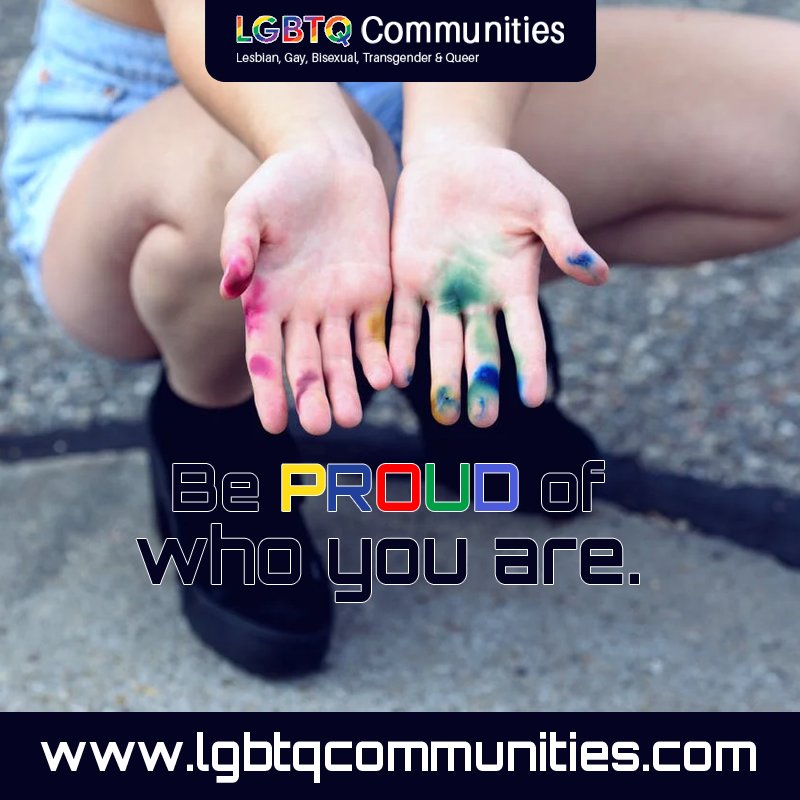Acceptance Slow for Indian LGBTQ
Advocates for Indian gay community are growing in numbers, but they say social stigma remains strong.
NEW DELHI – WHEN AS A teenager Ankita Mehra realized she was attracted to other women, she says she felt trapped. Given India’s deeply conservative society, Mehra feared she would be disowned if her family found out.

The first counselor she visited told her that for 15,000 Indian rupees (about $200) he would “fix” her. But after a second counselor advised her to come out, Mehra says she wrote a six-page letter to her father, which included pleas that he not throw her out of the house. She says her father cried as he read the letter, and afterward hugged her with acceptance.
Now 23, Mehra says she wants corporate India and mainstream society to more fully accept the country’s LGBTQ communities. In November, she helped organize New Delhi’s first career fair meant for the lesbian, gay, bisexual, transgender, queer.

“We are talented enough to get a job but we are looking for a safe and inclusive place,” she says.
Mehra is part of a growing number of activists advocating for India’s lesbian and gay community, which has grown bolder in the past year. In September 2018, India’s Supreme Court repealed a colonial-era law that made same-sex intercourse a crime, punishable with up to 10 years in jail. India’s move energized movements in other former British colonies, such as Singapore and Myanmar, to throw out similar laws.
In India, young adults such as Mehra are demanding their civil rights. They want employment where they won’t be judged for how they talk or dress, they want medical and other benefits for their partners, and eventually the right to be able to marry and adopt children. Pleas for some of these demands have been filed in local courts.
Veteran activists say that while the Supreme Court ruling spurred many young people to embrace their sexuality, their acceptance within the broader society remains minimal. They continue to face violence and harassment from their families, in schools, on the streets and at the workplace. Many are subjected to “conversion” therapy, forced marriages and “corrective rape.”
“In the first six months after the Supreme Court ruling, we handled about 64 crisis situations,” says Vivek Anand, 58-year-old chief executive officer of The Humsafar Trust, a non-profit that has been advocating for gay rights for 25 years.
Anand cited an incident from earlier this year when a gay man from Nagpur, a small town in central India, was accosted by a group of men one evening on the street, and asked to perform sexual acts for them. When he refused, they beat him up brutally to the point where he had to be hospitalized.
Share your story – https://www.lgbtqcommunities.com/share-your-story/

